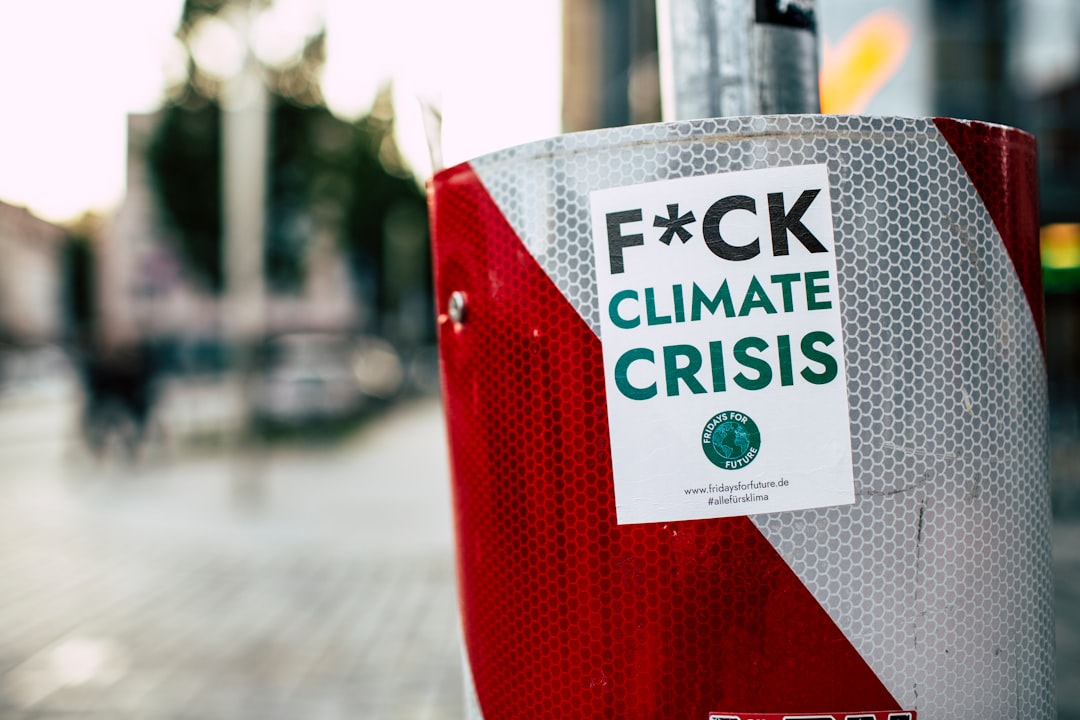
Saturation Point Reached: Credibility Crisis Hits Summit of False Narratives
Ah, the sweet scent of irony wafting through the air as we find ourselves at a most peculiar crossroads in history. The world is in the midst of a credibility crisis that has reached a saturation point, and at the center of this surreal circus is none other than the World Economic Forum (WEF). You know, that gathering of global elites who meet annually to tell us how we should live our lives while conveniently ignoring the implications of their own extravagant lifestyles. The narrative machine is cranking out falsehoods faster than a politician dodging a question, leaving many of us wondering whether we’re living in a dystopian novel or just watching a poorly scripted reality show.
The Age of Mistrust
To say that trust in institutions has plummeted might be the understatement of the century. According to recent surveys, a staggering percentage of people express skepticism about the motives of major organizations, particularly those with global reach like the WEF. This crisis of credibility isn’t just a casual observation; it’s a seismic shift in public perception. Think about it: when was the last time you found yourself nodding along to a speech given by a corporate titan or a world leader? Exactly. The saturation point has been reached, and the false narratives are crumbling under the weight of their own contradictions.
The WEF: A Nexus of False Narratives
Let’s take a moment to dissect the WEF and its penchant for spinning tales that would make even the most seasoned fiction writer blush. With Klaus Schwab at the helm, they’ve gifted humanity with the concept of the Great Reset—an ambitious plan to reshape our world post-pandemic. However, as we sift through the layers of this narrative, we find ourselves face-to-face with a plethora of inconsistencies. If the WEF truly aims for a more equitable world, why do its members frequently fly private jets to their lavish meetings? Why do they advocate for “sustainable” practices while profiting from industries that contribute to environmental degradation? It’s almost as if their entire ethos is built on a house of cards, teetering precariously on the edge of reality.
The Data Speaks
Let’s not forget that data is our friend, especially when it comes to debunking misleading narratives. Recent studies reveal that the public’s trust in global institutions has hit rock bottom, with only a fraction believing that the WEF and similar organizations genuinely have their best interests at heart. This is not just anecdotal; it’s hard data. The more the WEF pushes its agenda, the more people push back, raising questions about the legitimacy of the so-called “experts” who claim to know what’s best for the rest of us.
The Counterargument
Now, some may argue that the WEF provides a necessary platform for dialogue on pressing global issues like climate change, inequality, and technological advancement. While it’s true that these topics deserve attention, one must ask: at what cost? The very idea that a handful of elites can dictate the future of billions is inherently flawed. Moreover, this kind of top-down governance often leads to policies that are disconnected from the realities faced by everyday citizens. When the voices of the average person are drowned out by the cacophony of corporate interests, we can hardly call that a legitimate dialogue.
A Call for Authenticity
In a world saturated with false narratives, perhaps it’s time we demand authenticity from those who claim to lead us. The WEF and its ilk must understand that the age of blind trust is over. We live in a time where information is abundant, but so are misleading narratives. The responsibility lies with them to prove that their intentions are genuine rather than self-serving. The onus is on global leaders to move beyond empty platitudes and engage in meaningful discourse that does not merely serve the interests of the elite.
Conclusion
In conclusion, as we navigate the murky waters of the credibility crisis that has engulfed the WEF and similar organizations, one thing remains crystal clear: the saturation point has been reached. The false narratives that once held sway are crumbling, revealing a thirst for genuine dialogue and authenticity. It is high time we hold these global institutions accountable. After all, if they truly care about the future of humanity, they must rise above their own self-interest and listen to the voices that have been silenced for far too long.
So, dear readers, let’s not let this moment pass us by. Engage, question, and demand the truth. The future depends on it.


